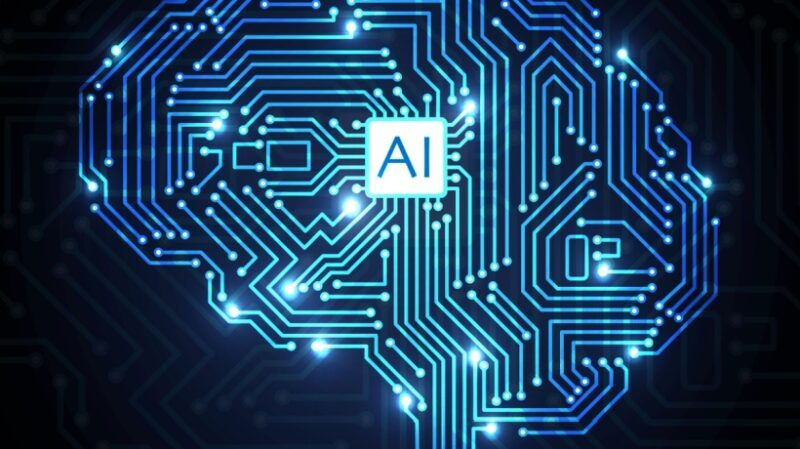
The rise of AI in online learning and research
The way we conduct research is changing rapidly. The professional and academic research environment has changed dramatically as a result of digital innovation, particularly artificial intelligence (AI). AI is more than just a futuristic catchphrase. It is a powerful instrument that improves the speed, ease and accuracy of information discovery. AI makes things easier in ways we never think are impossible and impacts the future of research, whether you’re an expert looking for accurate insights or a student trying to understand an overwhelming amount of research articles.
The rise of AI in e-learning and research
Even if online learning allows high-quality education to people all over the world, finding the right academic resources can still be a challenging effort. AI-driven technology is taking over to improve research efficiency and intelligence.
AI’s sophisticated search capabilities allow you to quickly extract only the most relevant information from a huge amount of data. Now, by wasting hours of reading countless academic papers, you can focus on what’s really important: understanding and using knowledge. AI-led research assistants revolutionize the field and ensure that insightful information is always available by helping users find, summarise and dismantle complex research papers in essential take-outs.
Personalized learning and smarter research
One of the main benefits of AI in e-learning is personalization. The adaptive algorithm adjusts recommendations to suit each learner’s needs by analyzing the user’s behavior. Researchers and students have access to the most relevant papers, journals and references, which lead to less time to search for information. Additionally, AI-powered summary techniques simplify complex papers into easy-to-understand insights.
AI-driven research assistant
Let’s face it: Reading a mountain of academic articles and business reports can be exhausting. AI research assistants facilitate this procedure by quickly assessing and collecting important information from a variety of sources.
In addition to research, these AI-powered tools allow interactive and conversational users to interact with academic information. Researchers can highlight important findings, ask follow-up questions to dig deeper into topics, and receive a brief explanation rather than struggle to understand thick materials.
AI as a productivity booster in research
Beyond accessibility, AI is a game changer when it comes to productivity. Tasks such as citation management, literature review, and even identifying emerging research trends have been streamlined, allowing researchers to focus on deeper analysis and innovation.
AI-powered platforms help users validate sources, make patterns into spot patterns, and create more accurate, structured reports. For busy professionals, this shift is a major advantage to juggling multiple responsibilities, freeing them from the dull managerial job and allowing them to stay ahead of their field.
Smarter content curation and discovery
Let’s face it. Moving through a flood of academic content is overwhelming. AI-driven curation tools help by eliminating noise and paying attention to only the most relevant, high-quality materials.
Rather than spending hours hunting for the right paper, researchers can rely on AI to propose important measurements and provide an intuitive way to engage with academic content. This means that you will spend more time learning and applying knowledge rather than simply searching for it.
Strengthening collaboration with AI
Not only does AI make research independently simple, it also revolutionizes academia and specialist teamwork. AI-powered collaboration tools allow researchers to work seamlessly across locations, helping them analyze data, co-authored papers, and share insights more efficiently.
With AI-enhanced platforms smoother knowledge, teams can improve research methods, improve communication, and accelerate discovery. As AI-driven collaboration continues to evolve, cross-border research partnerships are set to make even more impact.
The future of AI research
As AI technology advances, its role in research will only become stronger. Future developments such as enhanced natural language processing, improved data visualization, and even AI-assisted hypothesis testing are set to take research efficiency to the next level. However, these tools complement human intelligence rather than replacing it, making research smarter and more insightful.
For those navigating today’s research environment, embracing AI-driven tools is no longer just an option, it’s a need. These intelligent assistants help researchers and experts work smarter and ensure that knowledge is not available and is truly useful.
By integrating AI into research methodologies, scholars and experts can unlock new levels of efficiency, drive innovation, and contribute meaningfully to global knowledge. This is the future of research, and solutions that drive AI are leading the way into a more intelligent and connected world of academics.
Editor’s Note: The opinions expressed in this article are the author’s personal views and do not reflect the position of the e-learning industry.


